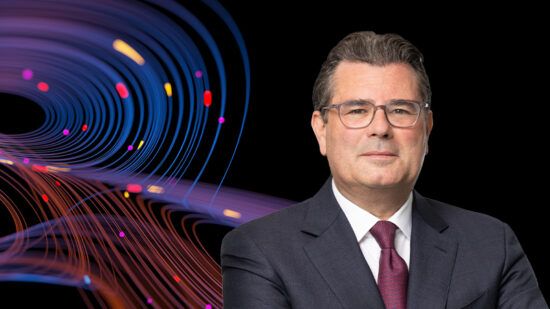One of the funds which have benefited from Karni’s increased allocation to absolute return is the Invesco Global Targeted Returns Fund. “I like both risk-parity funds and investing on the basis of ideas,” he says.
The aforementioned fund combines the two, and has delivered very steady performance since it was launched in autumn 2013. Another absolute return fund Karni likes is the Morgan Stanley Diversified Alpha Plus Fund, which mainly invests in currency instruments and futures.
Speaking about currency, Karni and his four-strong fund selection team prefer to hedge their foreign currency exposure. During the past currency volatility, they nevertheless made some exceptions.
“In US equity, we developed a view on the dollar. The rise of the dollar of the past seven months was a structural movement, so we increased our exposure to the dollar by buying US equity funds without a currency hedge. We bought at 1.38 to the euro last autumn, and sold again at 1.15, so we made a nice profit.
“In emerging market debt we also opened the currency and since then have stopped hedging our dollar exposure in this asset class,” Karni says.
Star scepticism
When Karni adds a fund to his list (see box below), he tends to wait for about three months before reviewing it.
“If it does not perform by then, we will start to look into the reasons for it,” he says.
The Morgan Stanley US Advantage Fund is an example of an underperforming fund owned by Karni.
“It was down 7% in the first quarter of last year. In this specific case, we established that there was not an issue with the portfolio, and that the losses in the first quarter were a reflection of a wider market downturn, so we maintained the position,” he explains.
Karni is not too keen on star managers. “Egos and key-man risk are big in these kinds of funds. If the star manager leaves, you have to buy his new fund.”
He gives an example: “When the manager of the Franklin European Growth Fund changed to Oyster last year, we sold the whole position we had for two reasons.
“In July, they soft-closed the fund for capacity, a first signal to review our position. A month later, the entire team then left for Oyster,” Karni explains. “If the investment process is focused on particular skills of the team to select companies, we tend to step back and wait to see if the new manager could replicate the same process.”








